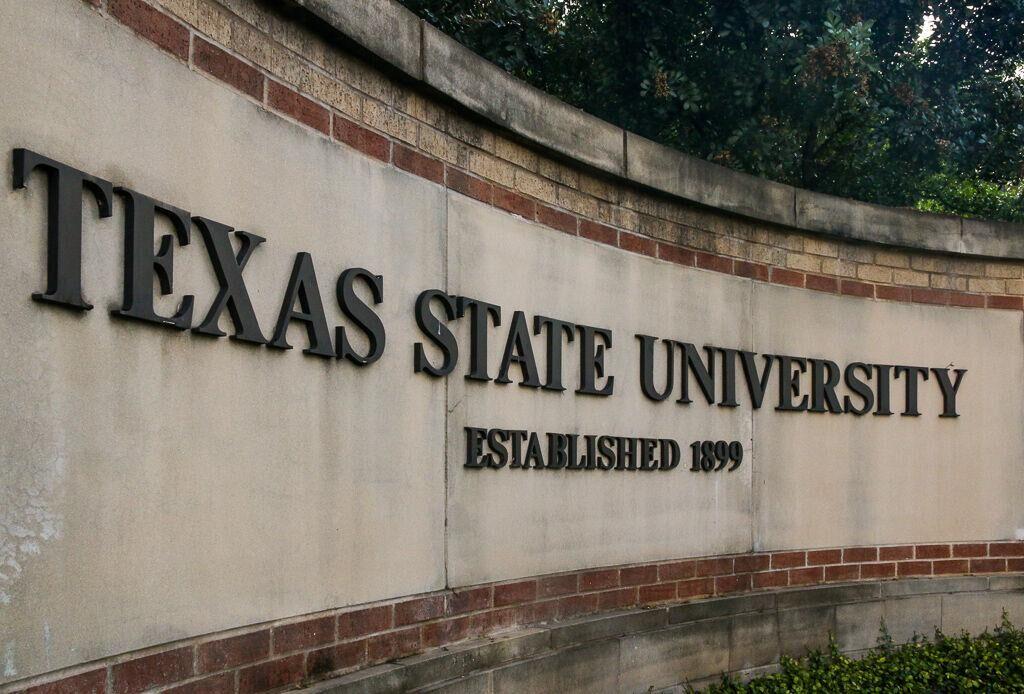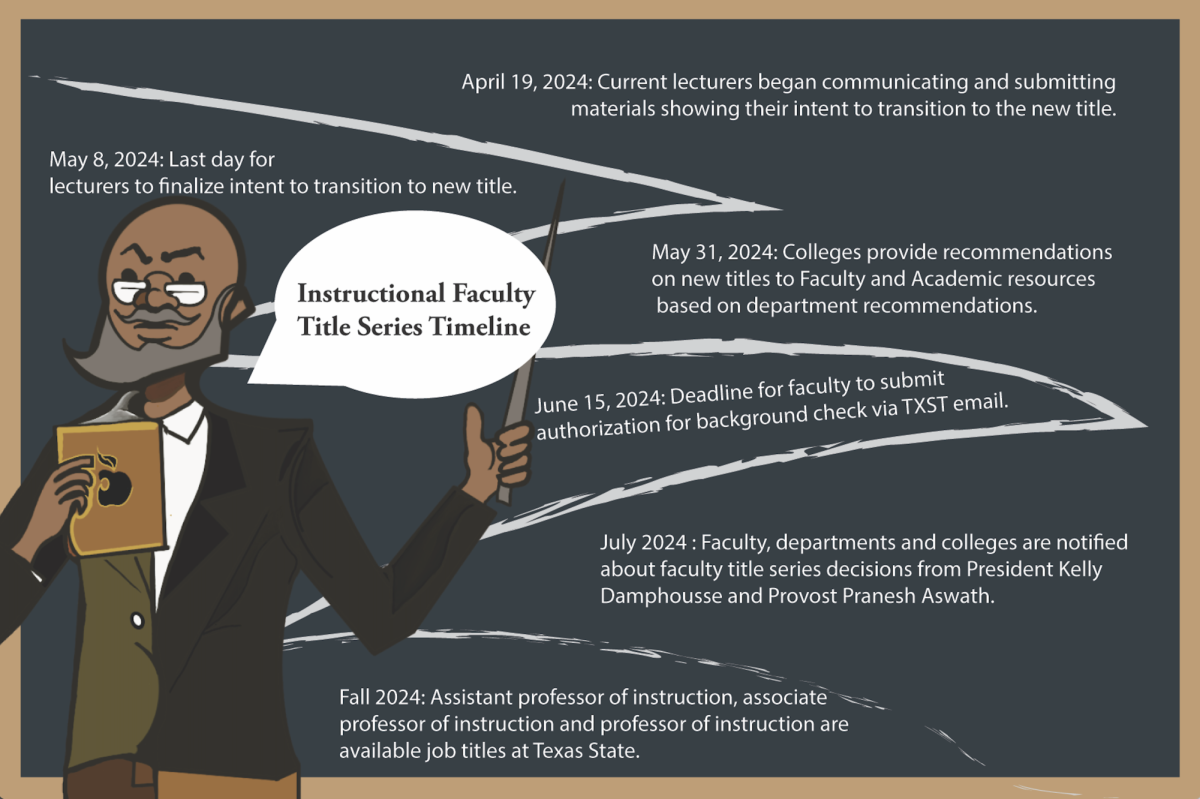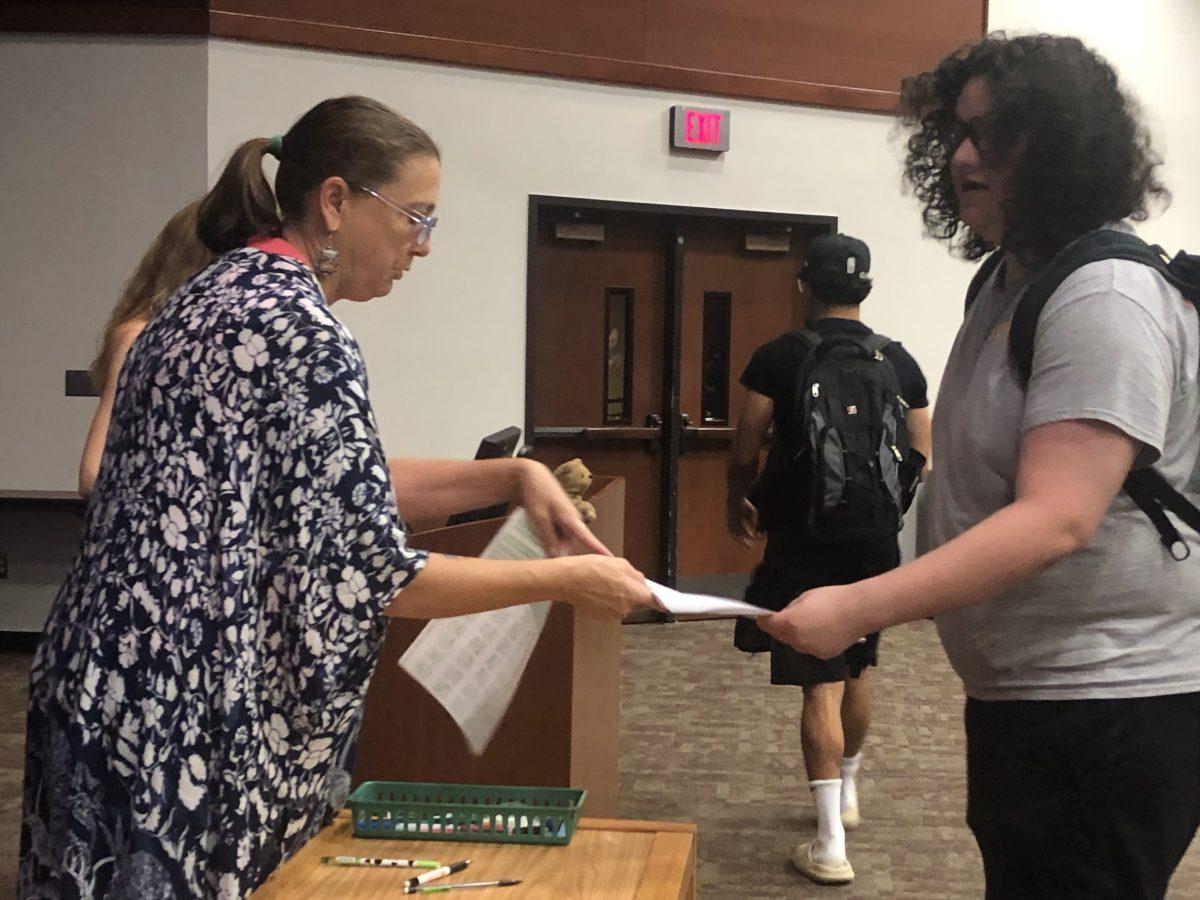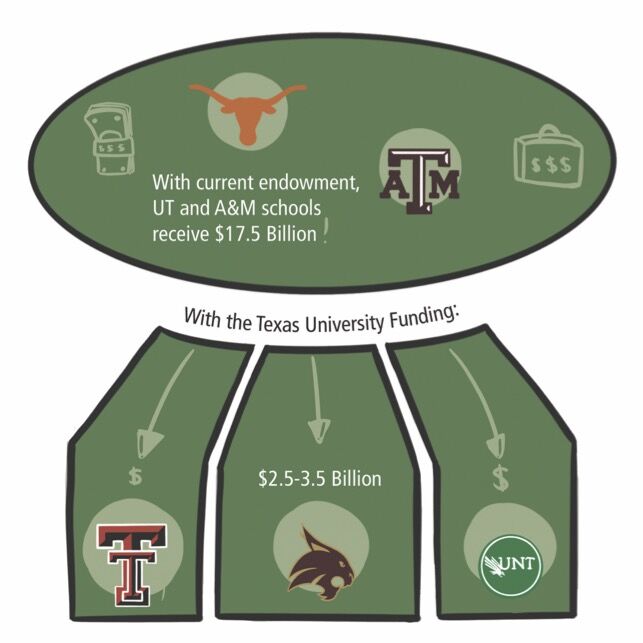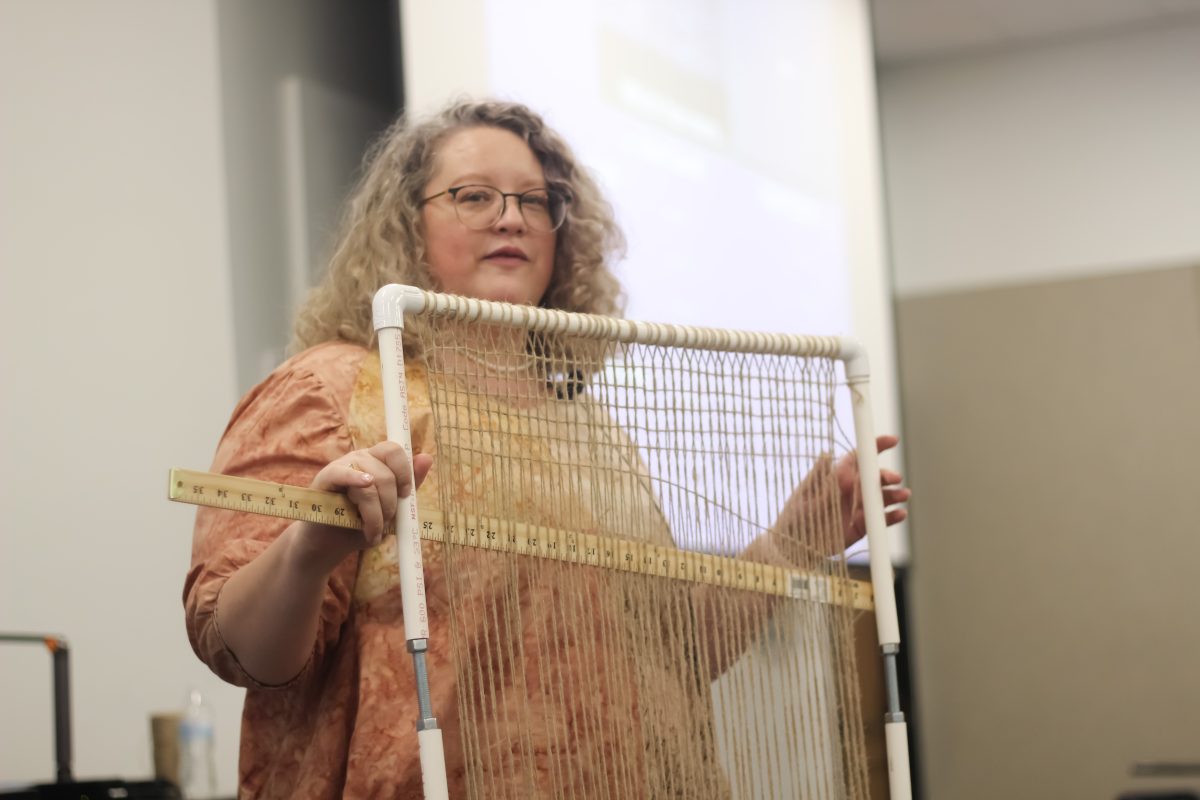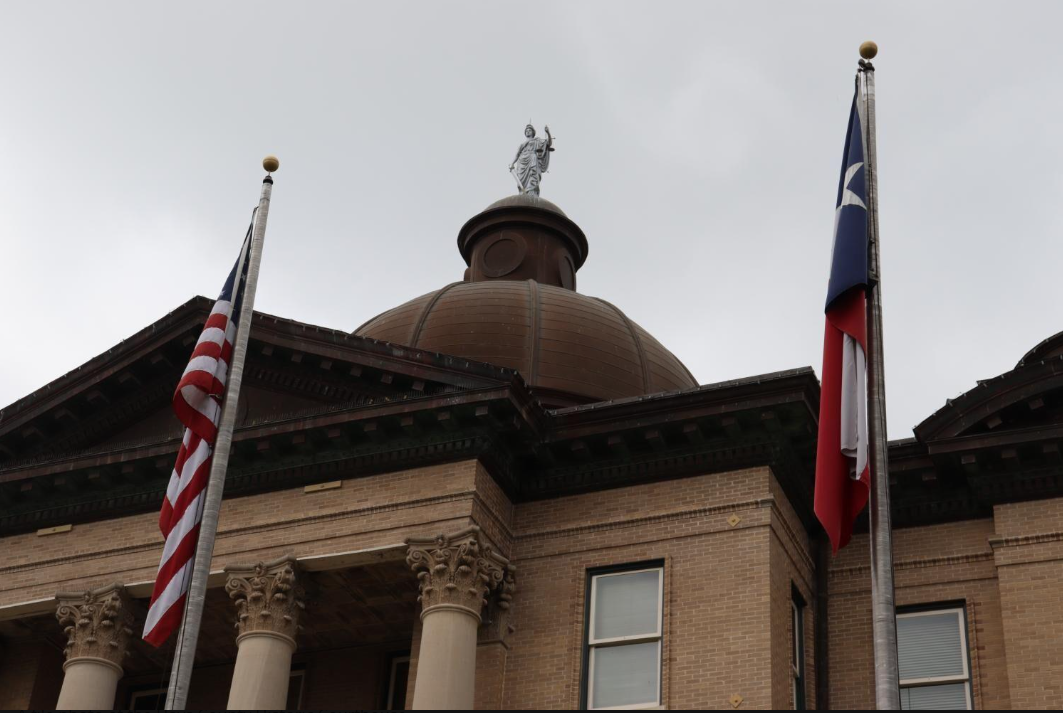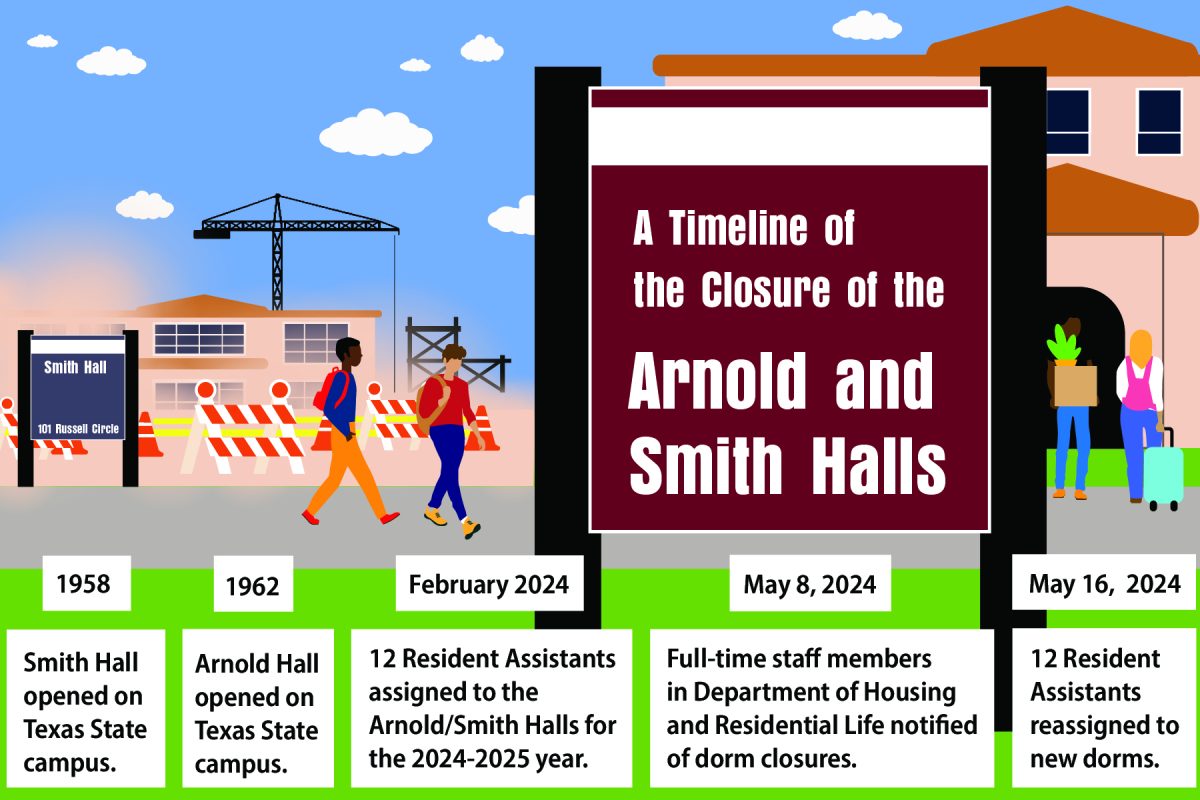Texas State Faculty Senate discussed faculty and staff morale along with the complexities of its Personnel Committee during its April 21 meeting.
Staff Council Chair Noel Fuller spoke to the Faculty Senate about morale and staff concerns regarding the return to in-person classes.
Before COVID-19, Staff Council pushed for remote work to be more accessible and flexible. The eager return to full capacity in-person classes, summarized by the virtual town hall held by the university administration the day before, seemingly set back staff efforts. Senate Chair Janet Bezner agreed on behalf of the Senate to work with Staff Council to draft a document with recommendations.
“I think people have this mentality with remote work that it has to be an all or none situation,” Fuller says. “There are days even in my personal role as an academic advisor where I may be meeting with students, and it may be good for me to be here and have those face-to-face interactions, but then I have times where I’m more working in an administrative role, maybe I’d like to have one or two days out of the week where I can be in a remote environment.”
Visiting members from the Academic Governance Committee discussed possible changes to the Personnel Committee policy, specifically the expansion of eligibility for Personnel Committee members. The rank or classification of faculty members became a topic of debate when Academic Governance Committee member Beth Erhart clarified that certain assistant professors, lecturers and senior lecturers would be non-voting members of the Personnel Committee.
Sen. Rachel Davenport pointed out that excluding lecturers from fully participating leaves out “almost half of the faculty”, to which Erhart replied there was “concern on the [Academic Governance Committee] not all [lecturers or assistant professors] would want to serve,” a claim Davenport doubted.
Erhart explained the choice to exclude “lower” faculty members came from a fear of retaliation from other senior committee members but did not clarify exactly what she meant by retaliation. She also stated it is the Academic Governance Committee’s concern lecturers would not want to participate in it, another claim Davenport called into question. Davenport supported the idea of a survey, instead of relying on “anecdotal evidence.”
Sen. Lynn Ledbetter, chair of the Nontenure Line Faculty Committee, says the opinions of non-tenure-track faculty in regards to serving on the Personnel Committee are “mixed”, adding some faculty did fear retaliation and others appreciated the potential opportunity to provide feedback and vote.
Sen. Stan McClellan questioned the Academic Governance Committee’s choice of verbiage when referring to faculty, stating the words “rank” and “classification” fail to clearly define the purview of the Personnel Committee. McClellan believes the Personnel Committee holds too many responsibilities and certain areas like tenure track and non-tenure track operations should be separated.
McClellan says the “authority” of different types of professors needs to be clearly defined, adding the concept of “rank” at Texas State varies within different classifications of professors, because of this, lumping them all together and giving certain types of faculty jurisdiction over another creates problems.
“Because it is not possible, and it should not be possible for untenured people to have any form of say in what happens in the tenure and promotion process for tenured people,” McClellan says. “In a similar fashion, it may not be possible — it may be that it should not be possible, or it should be very tightly controlled how people that are dealing with tenure and promotion decisions weigh in on promotion and personnel management decisions for people who are not on the tenure track. The two mindsets are very different.”
The Faculty Senate and Erhart decided to postpone the discussion and gather more information from faculty campus-wide and clarify some of the vague terms in the policy draft.
Faculty Senate debates Personnel Committee eligibility, collaborates with Staff Council
April 22, 2021
Donate to The University Star
Your donation will support the student journalists of Texas State University. Your contribution will allow us to purchase equipment and cover our annual website hosting costs.











